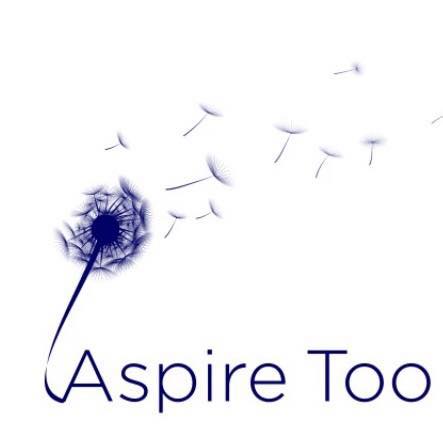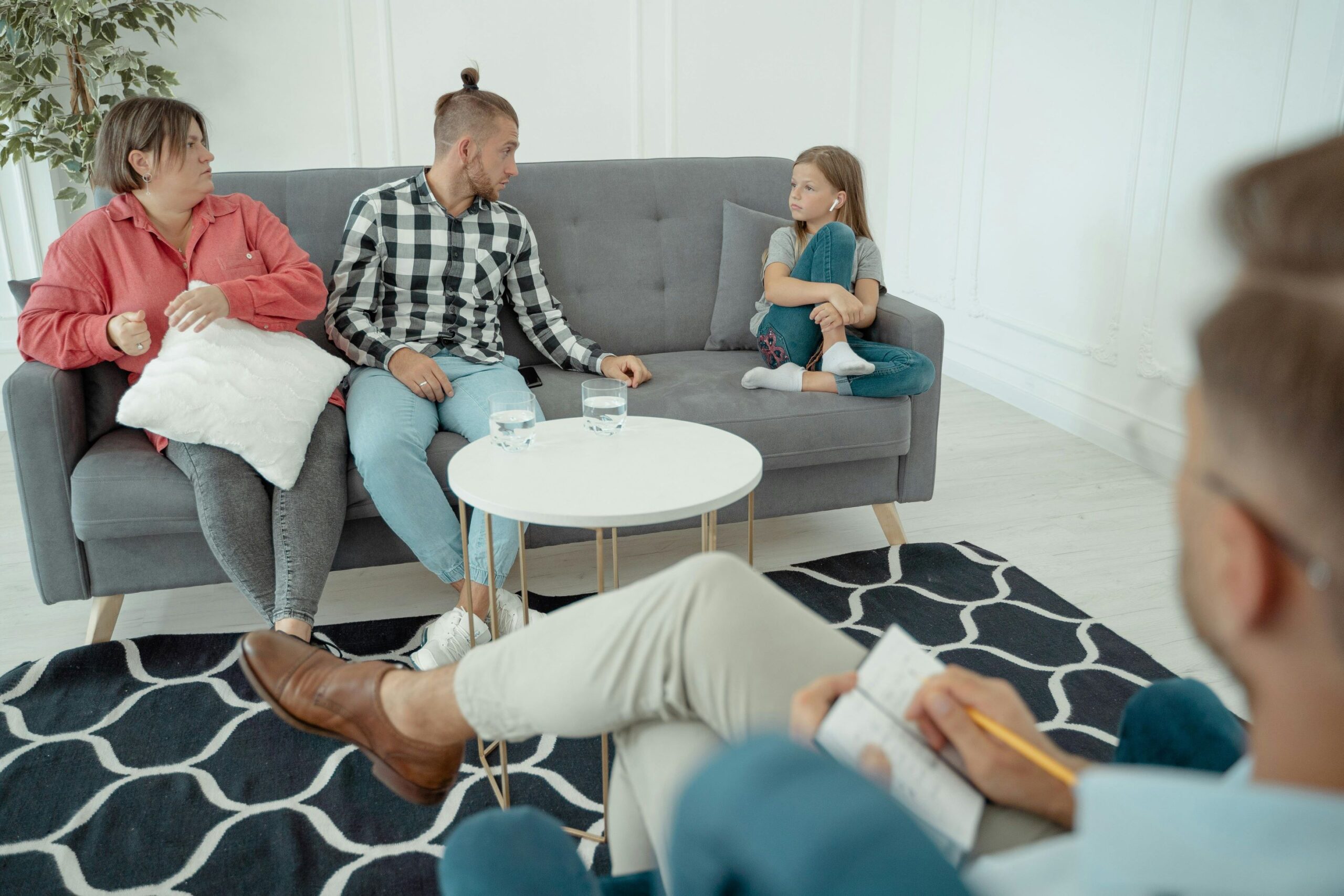What Does a Child Counsellor Do?
When we picture counselling, we usually imagine adults sitting on comfortable furniture talking about adult things, so it can be hard to imagine how that applies to children. Of course, children benefit from counselling as well, but it can look quite different from what we might traditionally imagine traditional therapy to be. Children are not just miniature versions of adults, they think and process emotions quite differently than adults do and their minds are rapidly developing as they learn about their world. Therefore, a children’s counsellor cannot just do a miniature version of adult counselling with them, a child counsellor needs to meet the child where they are and work with them on their level.
A children’s counsellor understands children’s development in general but also gets to know the individual children they are working with, so they can choose approaches that will work for the child and help them build skills that are applicable and helpful to their life. The counsellor’s role is to support children through their emotional and psychological challenges. This can range from helping them navigate through family issues, bullying, anxiety, depression, trauma, and other mental health concerns. The goal is to provide a safe, non-judgmental space where children feel heard and understood.
What to Expect
Relationships between counsellors and clients are always important, especially when working with children. Building that trust so a child feels safe and comfortable with their counsellor is of utmost importance to getting the best results. Building that relationship can take time and is often done through playing games, drawing, chatting about the child’s interests, or even just holding space for the child while they play and explore the counselling environment. It may seem at first like nothing is happening, but building the relationship is integral to helping the child have a positive and helpful counselling experience.
It is important to trust the counselling process and understand that children will heal and grow at their own pace. There are many scientifically backed approaches and interventions that are applied to counselling children, but it is important to remember that it may take time to figure out which one is best for each child. The good news is that children also learn and adapt more quickly and effectively than adults generally do, so counselling children can have profound impacts that will help your child develop skills and patterns that will enable them to lead a well-adjusted and happy life.
The Importance of Play
Play is so much more than a fun way to pass the time and keep busy, play is integral to children’s development and learning. Play is how children learn how to interact with their world and the people in it, and therefore it just makes sense to integrate it into counselling. Play not only makes the child feel comfortable in their environment, but it is also a window to the child’s mind and world and allows children to communicate their feelings, experiences, and even traumas in a way that they feel safe and comfortable with. As Jean Piaget said “Play is the work of children.”
Observing play and identifying the themes in a child’s play is also a very useful tool for child counsellors. Through play, counsellors can assess how their young clients cope, what their mental and emotional patterns are, and how they process their world. Counsellors can also use play to teach children new skills and approaches to interpreting and interacting with their world safely and effectively. There are also Play therapy approaches that include training caregivers to play with their children in ways that strengthen and build relationships that can be supportive and helpful to a child’s development.
Home Support
A child is best set up for success when their worlds are aligned, so it is helpful if the child’s parents or guardians are open and honest with the counsellor. The counsellor will not be able to share everything about the child’s counselling sessions with the parents or guardians, because they must maintain the child’s confidentiality, but they can share strategies and ideas. The counsellor can also facilitate discussions between the child and their caregivers and support the child to communicate their needs effectively. Ideally, a child’s caregivers and counsellor are on the same team with the goal to give the child the best life they can!
Navigating Our Feelings
Having a child who needs counselling can sometimes make a parent or caregiver feel as if they have failed somehow when it is very much the opposite. By taking your child to counselling, you are taking a proactive and positive step toward supporting your child’s mental health and overall development. No caregiver knows everything, and your child and family can benefit greatly from consultation and help from a professional who is trained to help with children’s mental health and has access to resources and strategies that are proven to be effective and helpful to children.
Caring for children is a huge undertaking and there is so much advice out there on how to do it the “right way” that it feels impossible at times. Children were not meant to be raised in isolation from the world, so reaching out for help from a qualified and trained counsellor is as natural as leaning on your village and community for support through this beautiful but difficult journey of helping children become happy and competent adults.
Accessing counselling shows children that their mental health is valued and that there is no shame in accessing support and help when they are overwhelmed. This is a powerful lesson which can have a lasting impact and foster their ability to handle future challenges with less shame and discomfort. Counselling is an act of love and support, that demonstrates your family’s willingness to provide children with the resources they need to navigate life’s challenges. So please embrace this journey with confidence, knowing that you are doing the best for your child and fostering a healthier, happier future for your family.
Counselling children is more than just work – it is the building of a strong connection and relationship that will make the child feel understood, valued, heard, and empowered. It can feel like a slow process, but each step can be a leap that can have profound and long-lasting results that will help that child feel more at ease and have a stronger sense of belonging in their world. If you are ready to embark on this journey, we would love to have you join us at Aspire Too to work collaboratively to give your child the best chance at a happy and fulfilled life. Contact us to book an appointment with one of our child counsellors today! I’m accepting new clients, you can book online or by phoning our office.
Elsie Hartnett, B.Ed., MA, CCPA Clinical Counsellor

